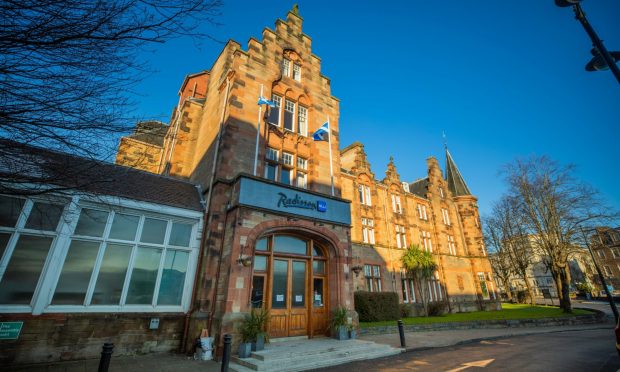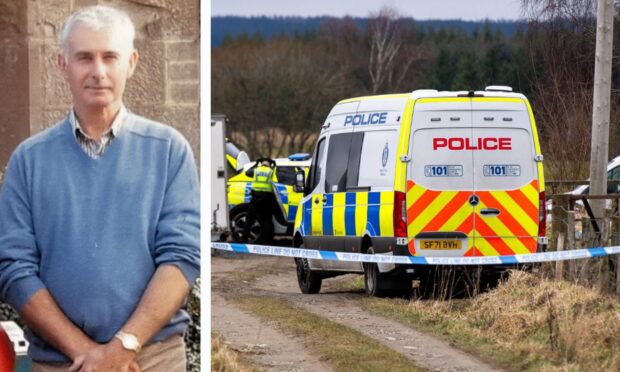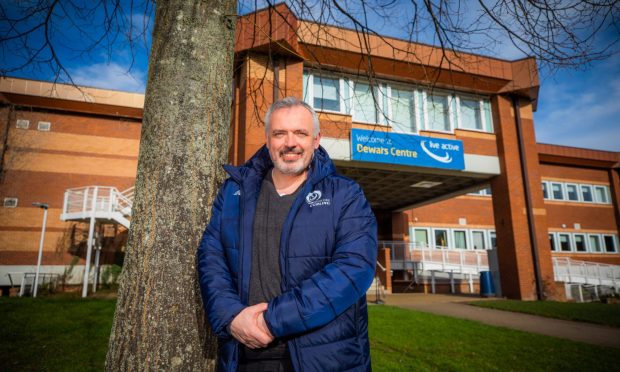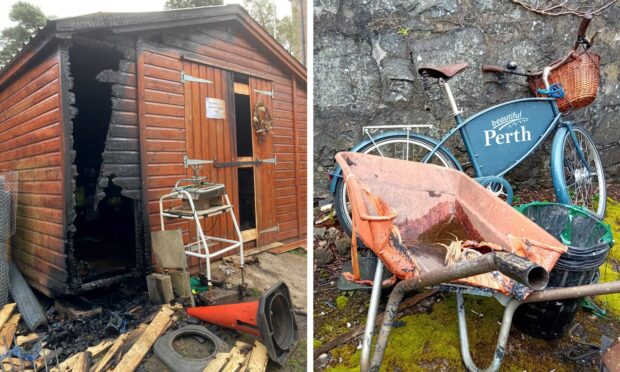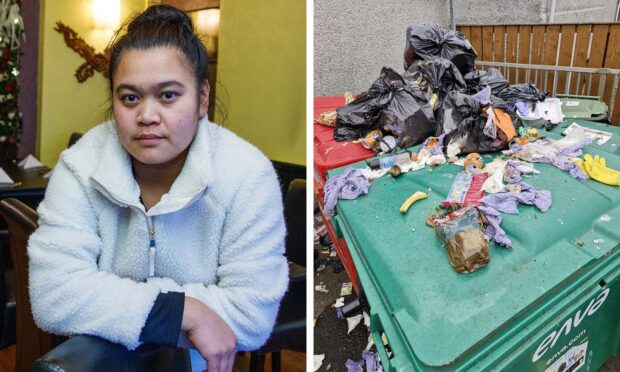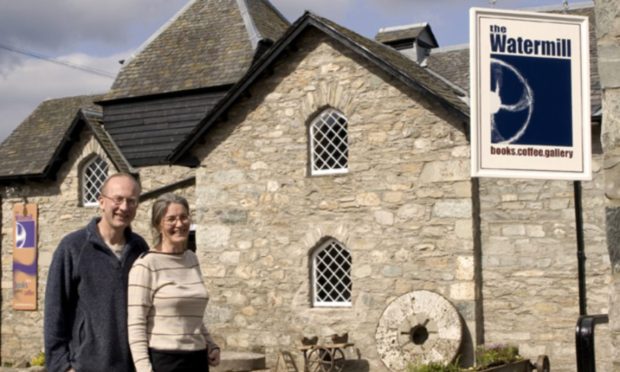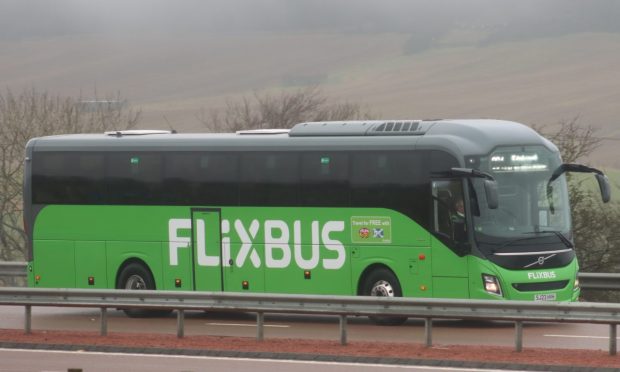The Scottish Government says it is concerned by the high number of people who are being turned down for self-isolation support.
The grant scheme was launched at Holyrood last month to offer extra financial help to low income workers asked to stay home because they have contracted coronavirus, or have been in close contact with someone who has.
But questions have been raised about the effectiveness of the scheme, after it emerged more than three-quarters of applicants in Perth and Kinross and 90% in Angus have been rejected.
The alarm was raised by the local Liberal Democrat group, whose Scottish party leader Willie Rennie said the situation could actively discourage people from adhering to lockdown rules.
He blamed the government’s strict criteria – rather than council officers – for the unusually high rate of knock backs.
To be eligible, applicants must be employed or self-employed and unable to work from home.
They must also be in receipt of, or have been awarded, qualifying benefits including Universal Credit.
Since the £500 grant scheme opened four weeks ago, just over 20% of applicants in Perth and Kinross have been successful.
Elsewhere, Angus Council said it had received 20 applications as of Friday, November 6. Of those, only two were approved. Dundee City Council has rejected 74 per cent.
“Because of the way that the Universal Credit system interacts with the support grants system, three quarters of applicants are being knocked back,” said Mr Rennie.
“Local authorities are trying their best to support people, but it is the criteria laid down by the government which are proving problematic.”
He said: “The Scottish Government need to adjust the grant criteria and make it easier for those self-isolating to access financial support. If people are forced to choose between isolating themselves and putting food on the table, there is a chance that some will choose to put their fellow citizens at risk.”
Councillor Peter Barrett, leader of the local Lib Dem group, added: “These problems are occurring in Perth and Kinross and I know from colleagues they are occurring in other authorities too.
“Local authorities are well placed to pick up on problems, but then we need central government to listen, relax the criteria and change course so that vulnerable people get the support they need to self-isolate.”
He said: “Every level of government needs to be working in partnership for us to stamp out the virus.”
A spokeswoman for Perth and Kinross Council said: “From October, the council has awarded Self-Isolation Support Grants to 21% of applicants.
“We continue to work with Cosla and the Scottish Government to make the case for the changes which would bring more low-income households into the scope for grants.”
She said: “In terms of our current refusal rate, relaxation of the current national eligibility criteria, which includes being in receipt of a qualifying benefit, would increase our award rate from 21% to 42%.”
It is understood some applications have been refused because the applicants were not on the Test and Protect list, while some – while asked to self-isolate – may not have suffered a loss of earnings.
A Scottish Government spokesman said the scheme was designed to ensure “no one should face a loss of income by doing the right thing.”
He said: “We are concerned that refusal rights for the grants appear to be high in its opening weeks.
“We are in discussions with local authorities to better understand the reason for refusal rates, and if we need to make changes to better reach those the grant is intended to support.”
A spokesman for Cosla said: “Councils have done a tremendous job in getting this scheme up and running. We are currently working closely with Scottish Government to maximise the uptake of those who qualify.”
Fife Council did not respond to requests for support grant numbers.



